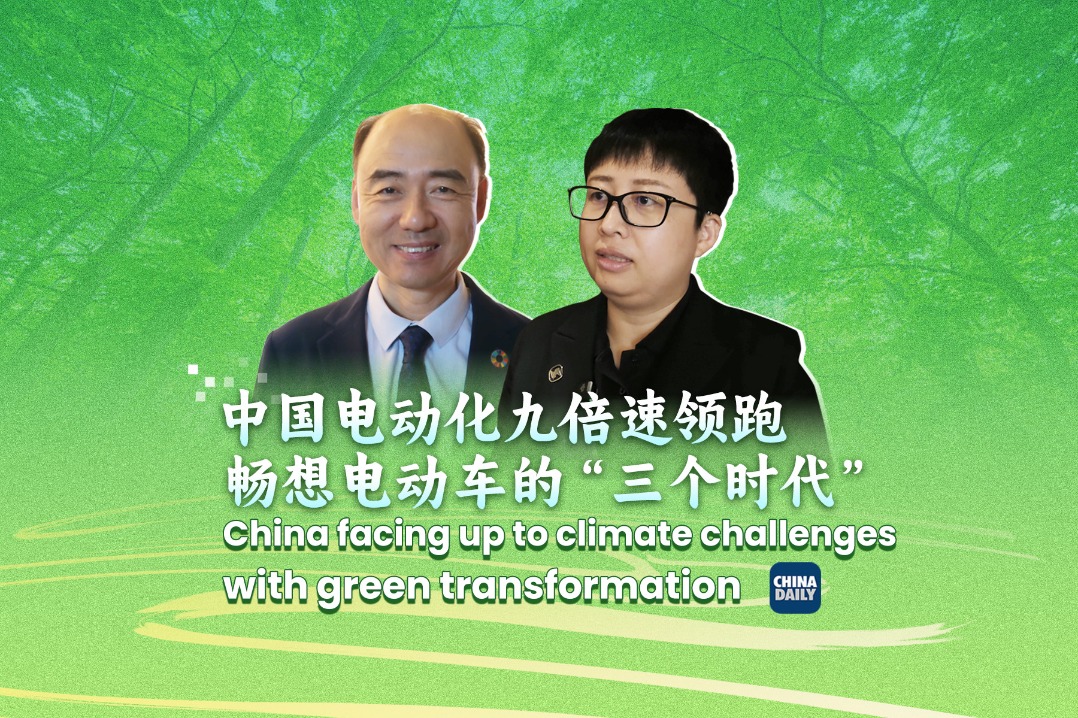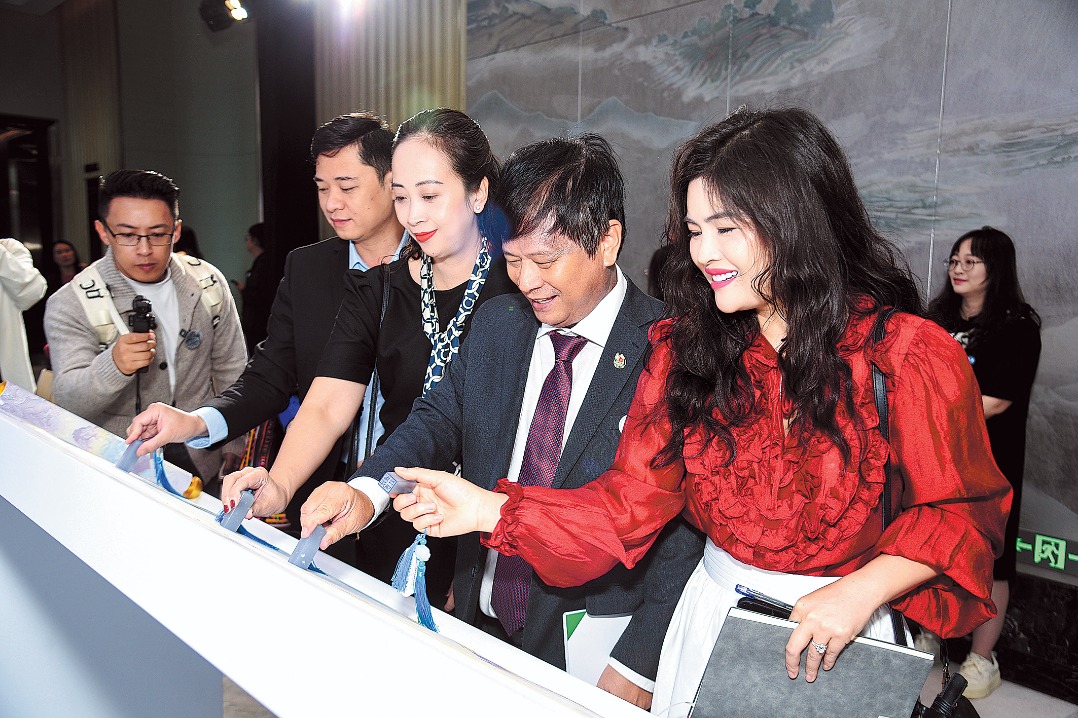US should cease measures aimed at curbing China's high-tech progress: China Daily editorial

The opportunity to stabilize bilateral economic and trade relations risks being squandered by the US, which took new measures on Wednesday to try and prevent other countries from dealing with China in the artificial intelligence semiconductor sector.
In a bid to strengthen its long-term containment of China's development in the high-tech field, the US Department of Commerce has revoked the AI proliferation rules of the previous Joe Biden administration and started implementing additional measures to strengthen export controls on AI chips.
The Biden administration released the AI proliferation rules in January, and its compliance requirements were originally scheduled to take effect on Thursday. These rules divided the world into three tiers: The first tier would enjoy free trade of AI chips with the US, although under US supervision. This tier included 18 US allies. The second tier of approximately 120 economies was subject to certain restrictive policies. While the third tier, which included the Chinese mainland, Russia and Iran, among a few other economies, was prohibited from obtaining advanced chips.
These rules were already highly discriminatory and damaging to the industry, and they faced strong opposition both at home and overseas, including from some US allies, as they would serve to block the rest of the world's development of AI technology, turning advancements in the technology into a privilege of the US.
In scrapping the rules, the incumbent US administration claimed they would stifle innovation in the US and impose onerous new regulatory requirements on enterprises, as well as damage the relations of the US with dozens of countries. But these are only excuses so that it can overcome the opposition of US companies to the new restrictions.
According to the guidelines issued by the Commerce Department on Tuesday, the use of Huawei's Ascend AI chip anywhere in the world violates US export controls, a move aimed at coercing other economies from dealing with the Chinese company that leads China's research and innovation in the AI sector.
NVIDIA founder and CEO Jensen Huang told US media earlier this month that China's AI market could reach about $50 billion in the next two to three years, and emphasized that if US companies miss out on the market due to policy constraints, they will face multiple shocks such as revenue loss and job losses.
To overcome the strong opposition of US companies, the department said it will tell them how to protect their supply chains from the impact of the latest China-targeted policy.
What the US administration fails to appreciate is that it is the US' China-containment strategy in the high-tech sector that has prompted the country to realize self-reliance in this key technology.
When asked about China's progress in the AI sector in an interview with US media that aired on Monday, Bill Gates, the founder of Microsoft, said the technological blockade imposed by the US on China has had completely the opposite effect to the one intended. Not only has it failed to restrain China's technological development, but it has also enabled China to achieve full-speed development in fields such as chip manufacturing. Gates said that with open source software now widespread, it is basically difficult for the US administration to curb China's development in related fields.
If the US really recognizes the importance of the bilateral economic and trade relationship to both countries and the global economy as it says, it should stop saying one thing and doing another.
As Vice-Foreign Minister Ma Zhaoxu said in a speech to the opening ceremony of the Second Workshop on AI Capacity Building in Beijing on Monday, China advocates fair and inclusive development of AI, and acts as an active champion, practitioner and pioneer of international cooperation in AI capacity-building. It believes that digital dividends should not be the preserve of a digital hegemony, and intelligent revolution should not expand the digital divide. As two leaders in the field, the US should work with China to ensure the development of AI is safe and a boon for the world.
Although it takes two to tango, it only takes one to make a misstep that could create a disaster.
































